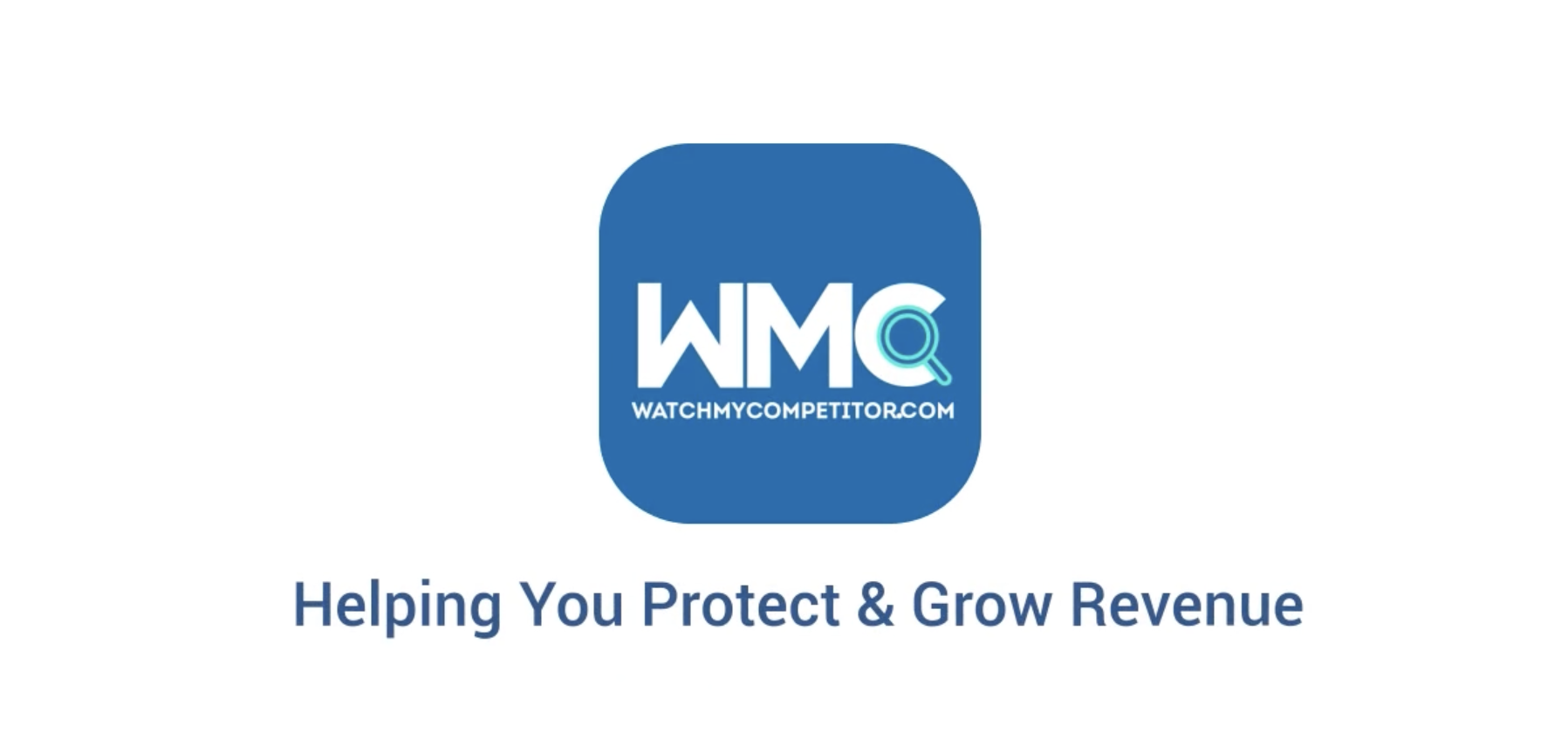If you’re looking to grow your brand or indeed launch a new product then improving brand awareness is a must. Brand awareness relates to how many people have heard of your product and what the reputation of your company or brand is like.
The great thing about brand awareness is that there are loads of methods to improve the situation, but social listening is arguably one of the most effective.

What Is A Social Listening Strategy?
Social media listening is about being aware of how your brand is being talked about on social media. This knowledge allows you to tap into what your customers are thinking and feeling – meaning you can implement solid business decisions, rather than guessing at what customers might want.
However, social media is about more than just listening to the chatter when customers are talking directly to you. It is about monitoring social media in a variety of ways – so you can get an idea of what they are saying about you, even when they haven’t tagged you in directly.
Not only that, but a comprehensive social listening strategy means that you look at more than just your brand directly. Having an idea of what is being said about your competitors’ means that you can see where your company lies and if there are any gaps in the market that you and your company might be able to fill.
Social media listening allows you to also see what is being said across your industry, meaning you can listen to customer trends, consumer needs and even industry news. A big part of social media these days is made up of algorithms and posting the right content in order to be seen by the right audience.
Keeping ahead of these trends via social listening and ensuring that you always know what the latest, relevant social media trends are really does help.
One of the best things about social listening is that there are different elements to it and different strategies that you can implement in order to ensure it is successful for your business. It is important to research these and even try them out to see what brings you the best results.
Rather than taking a one-direction approach to this, trying different strategies gives you the best possible chance of improving brand awareness and business performance – and that is something that should be considered super important for both you and your business.
Social Listening Strategies: 5 Examples
The great thing about social listening strategies is that there are plenty of them to choose from. This is great news because it means that you’re able to implement the ones that work best for you, your business and the industry that you operate within. Some social listening strategies to consider include:
1) Meaningful engagement with your target audience
Whilst social media is great for interacting with both customers and potential customers, it is about putting meaning and power behind these interactions. Rather than just guessing the answers your customers are looking for, social listening gives you an insight into the conversations customers are having.
This means that when you engage with your target audience via social media, you can level up the interaction and ensure that everyone adds something to your brand awareness online.
2) Responding directly to customers
Customer service can play a massive part in the success of any business so offering great customer service is not something that should be underestimated. Most companies now respond to queries sent online when they are sent directly to them, but social listening allows you to go one step further.
By listening out for mentions of your brand even when you are not tagged in the conversation you can reach out to potential customers and show them that you are a brand that cares. Great customer service goes a long way, even when an experience with a company has not gone to plan so this strategy can help to give your business a brand awareness boost.
3) Monitoring your competitors
Here at WatchMyCompetitor, we’re big fans of listening to the competition so that you can stay one step ahead of them. This can be achieved with ease via our automated competitor intelligence platform. Social listening allows you to see what rival brands are saying, what the reaction to this has been and also what people are saying about other brands online.
This gives you an insight into how well they are doing and if there is anything you should be doing to improve your business strategy and even if there is something they are missing the mark on that you can pick up on.
4) Lead generation
Social media is definitely an untapped territory for many industries when it comes to generating sales. Consumers often turn to social media for help, advice and product recommendations. Actively listening for these cues and being on hand to offer timely advice and products to answer their problems is a great tool in your tool generation toolbox.
5) What are influencers saying?
Social media influencers are a huge part of the social media conversation and as such, it makes sense for your business to be listening to what they have to say. Influencers often lead the conversation and set trends, so watching out for what they are saying about your industry can be a great insight into what your potential customers could soon be looking for in the future.
Important Metrics To Include In Social Listening Strategies
It is all well and good actively listening to social media conversations and monitoring what is being said, but how can you use this information to grow your business?
The first thing to do is work out what metrics you are looking out for and what stats are important to your business. Working with a company such as WatchMyCompetitor can help with this. We not only can perform automated tracking within the realm of social media, but we can put this into analytical data that you and your business can actually make use of.
We’ll help you gather data such as:
- How many social media users are talking about you
- Changes in the number of posts being made about you
- Demographics – Who is it that is talking about your brand
- Engagement – What sort of posts are getting the most attention in terms of replies, shares and interaction
- Influencers – Who is talking about your brand and drawing the most attention to you in terms of brand awareness?
Social Listening Tools – Getting The Right Value
No one expects you to suddenly be a social media expert and suddenly know all the best social listening strategies. Instead, it is about doing some research and investing in the right social listening tools for you and your brand. With so many on the market, it can feel overwhelming when it comes to deciding what is best – but the great news is that with so many options to choose from, there is definitely something for everyone.
HootSuite
Hootsuite has traditionally been a social media post scheduler, but it now allows you to check social media streams for keywords, mentions and uses of special hashtags. You do all of this from your Hootsuite dashboard, rather than checking each stream individually. It’s fantastic for keeping track of mentions and conversations and definitely helps if you want to dabble a little into social media listening.
AdView
AdView is a popular social media listening tool, however, it is worth considering that it only allows you to listen on Facebook and via Instagram adverts, so it can be quite limiting depending on what your social media listening needs are.
TalkWalker
This is the opposite of AdView, in that it allows you to monitor across a range of sources – and not just social media. It looks at blogs, news websites and even forums to see where you and your brand have been mentioned.
The truth is that social media listening can look different for various industries and can even depend on the size of your business and your main target audience. However, one thing for certain is that a majority of companies would benefit from the insight and data that well-put-together social listening strategies can bring. This means if your business isn’t really making notes and taking advantage of this data it really could be missing out.








